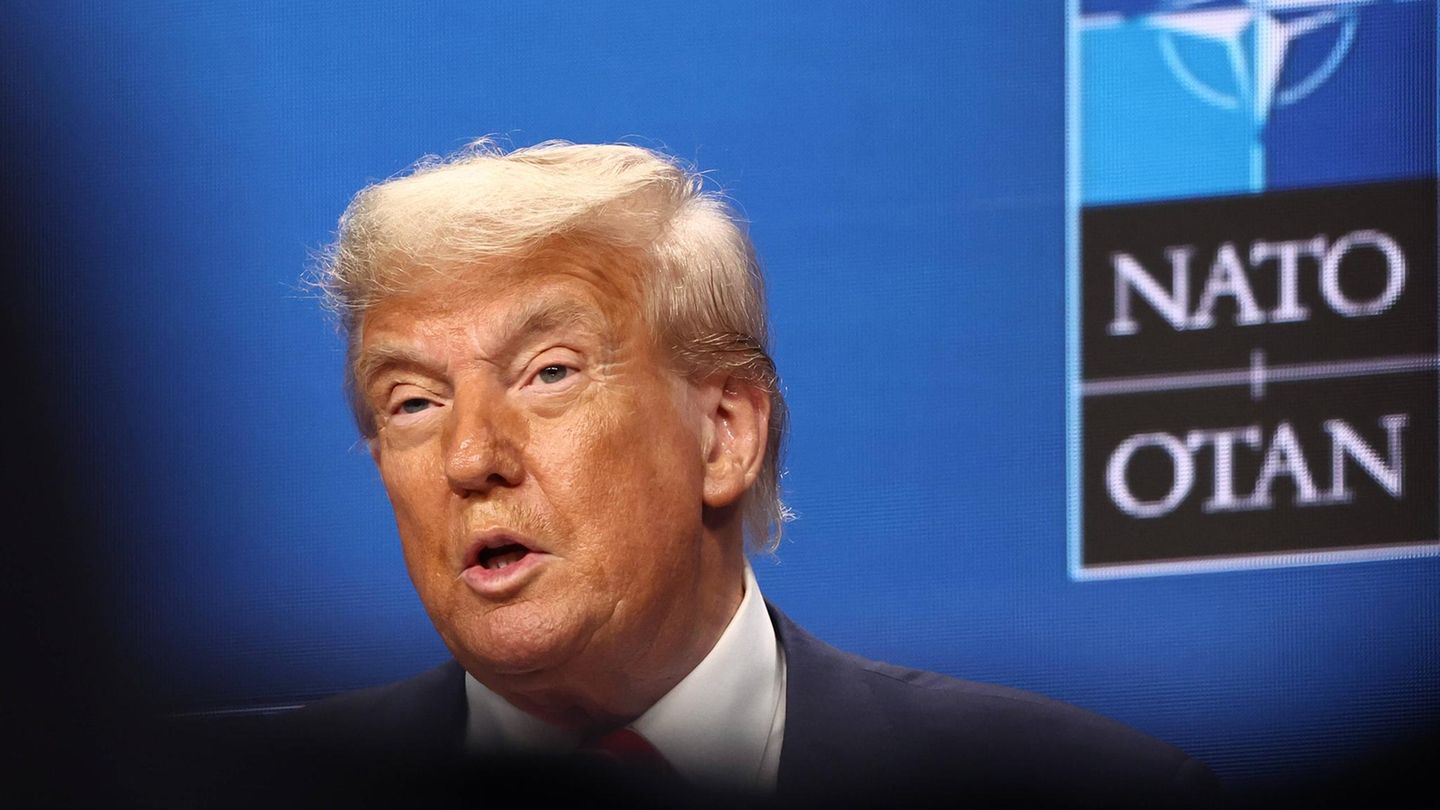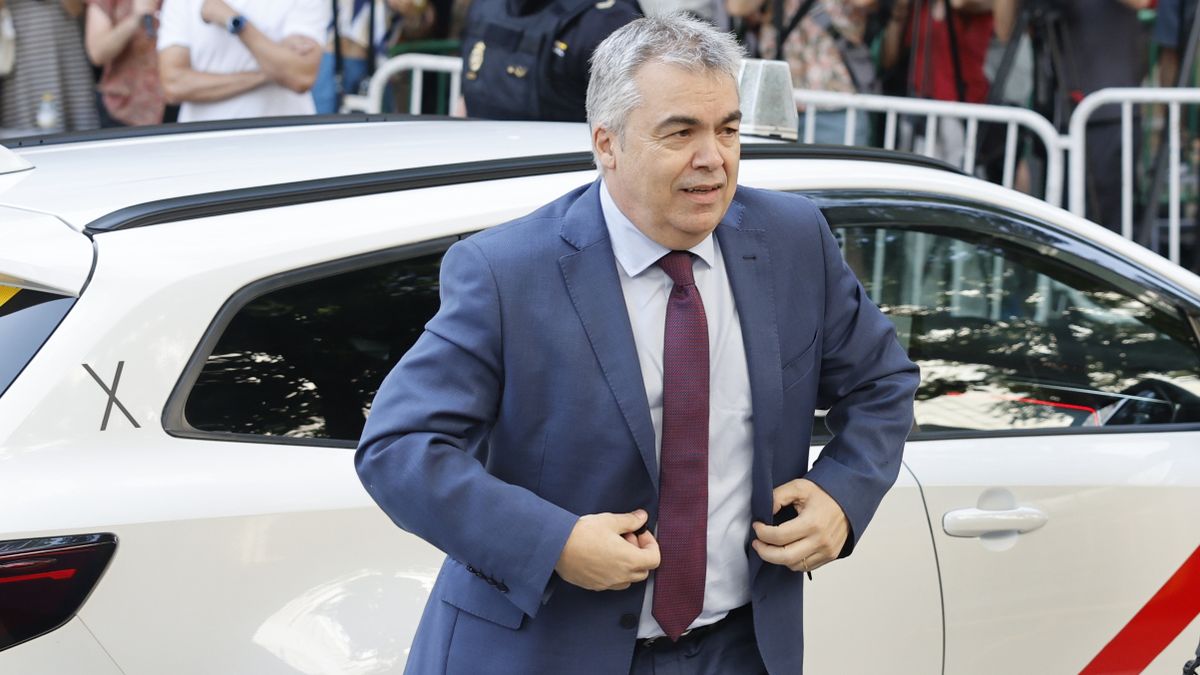After the government stopped subsidies, sales of electric cars have collapsed. In addition, the situation for German manufacturers is tense. What the government is planning.
The federal government is planning state support to boost sales of electric cars again. Specifically, this involves stronger tax incentives for electric cars as company cars. The cabinet wants to launch the planned measures on Wednesday.
The draft law presented to the German Press Agency states that the federal government has set itself the goal of significantly advancing electromobility in Germany. “Successfully implementing this goal also requires far-reaching tax measures.”
Demand for electric cars collapsed after the government stopped subsidies. The federal government abruptly ended the so-called environmental bonus in December. The reason for this was budgetary austerity.
Measure from growth initiative
In July, the traffic light coalition agreed on a “growth initiative” during budget negotiations. One of the measures is tax incentives for electric cars as company cars.
Specifically, this is what it is about: For companies, a special depreciation allowance for newly registered fully electric and comparable zero-emission vehicles is to be introduced retroactively to July 1, 2024. In addition, the so-called cap on the gross list price for company car taxation for electric vehicles is to be raised from EUR 70,000 to EUR 95,000.
Government wants to strengthen e-mobility
Economics Minister Robert Habeck (Greens) had already spoken of a boost to increase demand for e-mobility. He expects a “demand push”. Company cars also play an important role in the used car market because they are kept for a comparatively short time.
The draft law states that the planned new measures will provide “significant tax incentives”, particularly for the market ramp-up of electromobility in the business sector. The regulation only covers newly purchased, purely electric vehicles. It is to be introduced for a limited period for purchases in the period from July 2024 to December 2028. “The temporary limitation creates incentives for rapid investment decisions.”
Costs to the state
The draft law describes the shortfall in tax revenues for 2024 as minor. In 2025, the shortfall in tax revenues is estimated at 480 million euros, and is expected to rise to 540 million euros by 2028.
Source: Stern




